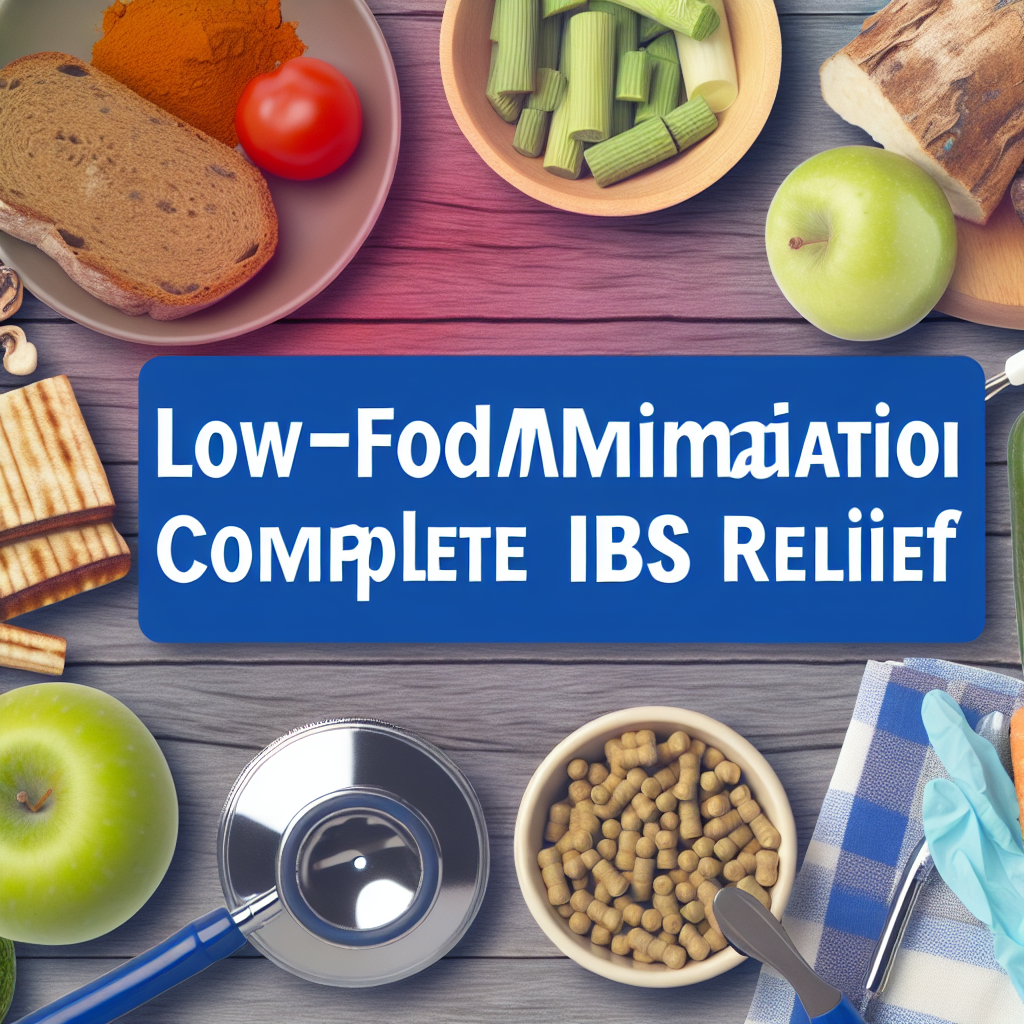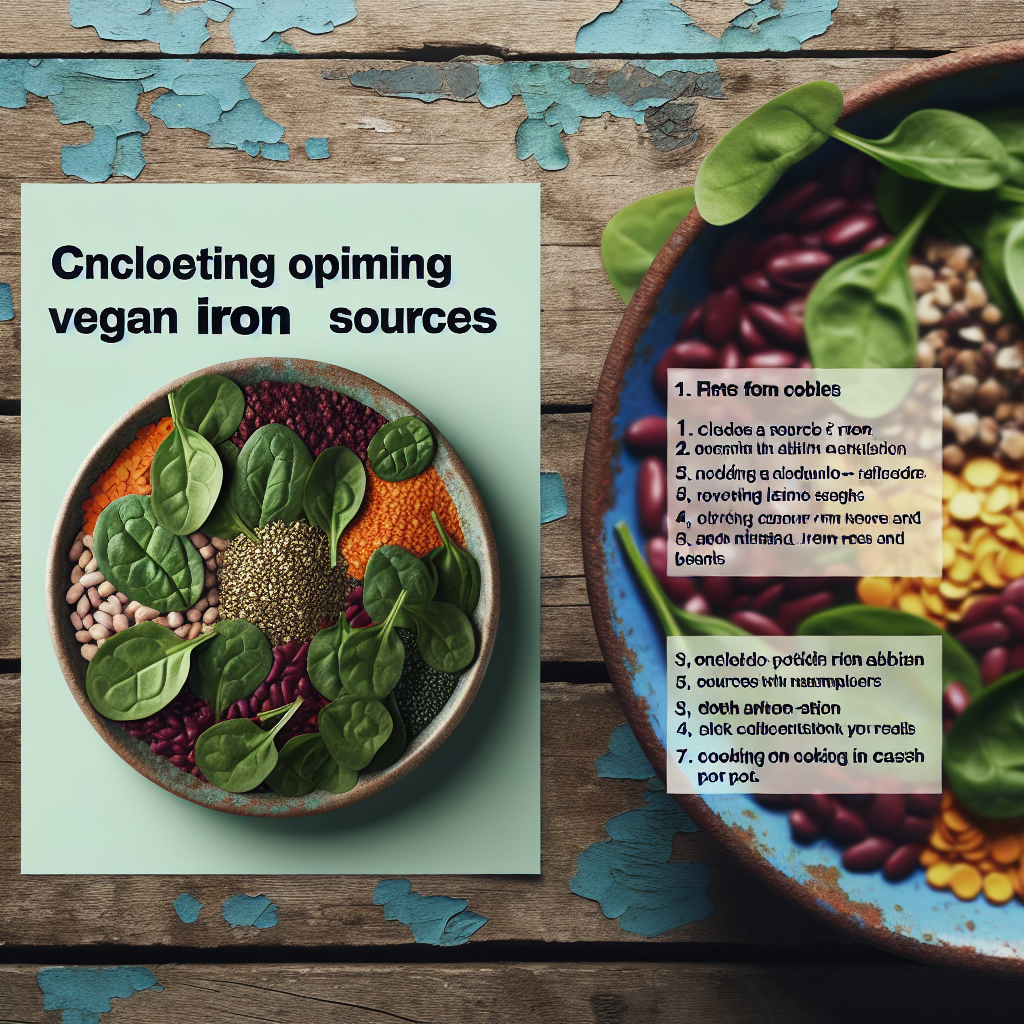Culinary Adaptogens: Kitchen Ingredients That Balance Your Stress Response
Introduction: Harnessing Nature to Combat Stress
In today’s fast-paced world, stress has become an unavoidable part of daily life. Work demands, family responsibilities, and societal pressures can take a toll on both mental and physical well-being. To counteract these stressors, many individuals seek natural remedies to support their stress response and promote holistic health.
One such powerful approach is the use of adaptogens—natural substances that help the body resist physical, chemical, and biological stressors. While adaptogens are often associated with herbal supplements, several of these stress-fighting ingredients are commonly found in the kitchen. Certain herbs and spices, such as turmeric, ashwagandha, ginger, and holy basil, have long been studied for their ability to regulate stress and improve resilience.
Deeply rooted in traditional medicine, particularly Ayurveda and Traditional Chinese Medicine (TCM), adaptogens also have strong scientific backing for their effects on the hypothalamic-pituitary-adrenal (HPA) axis, which governs the body’s stress response. Incorporating these stress-balancing ingredients into daily meals is both simple and enjoyable, offering a delicious and effective way to combat stress naturally.
The Science Behind Kitchen Adaptogens
Adaptogens are not just rooted in ancient medicinal practices—they also have strong support from modern scientific research. Various studies have demonstrated the effectiveness of these natural substances in reducing stress and enhancing overall health.
1. Ashwagandha: The Ultimate Stress Reliever
Ashwagandha (Withania somnifera) is a staple in Ayurvedic medicine, widely known for its powerful stress-reducing properties. A 2019 study found that ashwagandha supplementation significantly reduced cortisol levels, leading to decreased anxiety and improved relaxation. Ashwagandha has also been linked to enhanced cognitive function, increased endurance, and improved mood regulation.
2. Turmeric: Golden Spice for Stress and Inflammation
Turmeric (Curcuma longa) contains curcumin, an active compound known for its potent stress-reducing and anti-inflammatory effects. A 2017 clinical study highlighted that curcumin helps regulate the HPA axis, playing a crucial role in stress modulation. Curcumin has also been associated with mood enhancement and neurogenesis, making turmeric a valuable addition to stress management strategies.
3. Holy Basil: The Sacred Herb for Balance
Holy basil (Ocimum sanctum), also known as tulsi, is revered in Ayurvedic tradition for its ability to stabilize stress levels. A review found that holy basil reduces stress, enhances cognitive function, and promotes general well-being. Its ability to regulate cortisol and boost immune function makes it an excellent adaptogen to incorporate into teas and meals.
4. Ginger: A Versatile Stress-Relief Superfood
Ginger (Zingiber officinale) is widely known for aiding digestion, but it also plays a crucial role in balancing the body’s stress responses. Research suggested that ginger possesses neuroprotective and anti-inflammatory qualities, reducing oxidative stress and supporting brain health. Regular ginger consumption has been linked to reduced anxiety, improved cognitive function, and enhanced overall vitality.
5. Maca Root: Natural Energy and Mood Booster
Maca root (Lepidium meyenii) originates from the Peruvian Andes and has long been valued for its adaptogenic properties. A study found that maca supplementation significantly improved mood, energy levels, and reduced anxiety and depression symptoms in postmenopausal women. Maca is easy to incorporate into smoothies, oatmeal, and baked goods, providing an effortless way to enjoy its stress-reducing benefits.
These scientifically-backed insights emphasize the powerful role that culinary adaptogens can play in promoting resilience against daily stress.
How to Incorporate Adaptogens into Your Diet
Including stress-fighting adaptogens in your daily meals doesn’t require drastic changes. These ingredients seamlessly blend into various dishes, enhancing both flavor and health benefits.
1. Ashwagandha:
– Add powdered ashwagandha to smoothies, teas, or warm milk for a calming evening drink.
– Blend it into energy balls or protein bars for stress support on the go.
2. Turmeric:
– Incorporate turmeric into soups, curries, or roasted vegetables.
– Make turmeric tea (golden milk) by mixing it with warm almond milk, honey, and a pinch of black pepper for better absorption.
3. Holy Basil:
– Brew holy basil tea by steeping fresh or dried leaves in hot water.
– Add fresh tulsi leaves to salads, soups, or stir-fries for a subtle, earthy flavor.
4. Ginger:
– Grate fresh ginger into teas, smoothies, or homemade salad dressings.
– Add ginger to stir-fries, soups, and baked goods for both taste and health benefits.
5. Maca Root:
– Blend maca root powder into morning smoothies or coffee for a natural energy boost.
– Use maca in homemade energy bars, oatmeal, or yogurt for a nutritious twist.
By incorporating adaptogens into your diet regularly, you can experience gradual yet effective improvements in stress management, energy levels, and cognitive function.
Conclusion: Embrace the Power of Culinary Adaptogens
As the interest in natural health solutions grows, culinary adaptogens have gained recognition for their remarkable ability to balance stress and improve well-being. Integrating these ingredients into your meals is effortless and enjoyable, offering a sustainable and holistic way to manage stress without relying on pharmaceuticals.
Embracing these natural remedies in your diet can be a powerful step toward achieving balance and vitality. Harnessing the healing properties of food empowers you to take control of your health, ensuring both physical and mental resilience in the face of modern-day challenges.
Summary:
Culinary adaptogens like ashwagandha, turmeric, holy basil, ginger, and maca root are natural substances that can help balance your stress response and promote overall well-being. By incorporating these ingredients into your daily meals, you can enjoy their delicious flavors while benefiting from their scientifically-backed stress-reducing properties.
References:
1. [Ashwagandha study](https://www.ncbi.nlm.nih.gov/pmc/articles/PMC6836118/)
2. [Turmeric study](https://www.ncbi.nlm.nih.gov/pmc/articles/PMC5664031/)
3. [Holy basil review](https://www.ncbi.nlm.nih.gov/pmc/articles/PMC5376420/)
4. [Ginger study](https://pubmed.ncbi.nlm.nih.gov/32730824/)
5. [Maca root study](https://pubmed.ncbi.nlm.nih.gov/23675006/)

Dominic E. is a passionate filmmaker navigating the exciting intersection of art and science. By day, he delves into the complexities of the human body as a full-time medical writer, meticulously translating intricate medical concepts into accessible and engaging narratives. By night, he explores the boundless realm of cinematic storytelling, crafting narratives that evoke emotion and challenge perspectives.
Film Student and Full-time Medical Writer for ContentVendor.com




